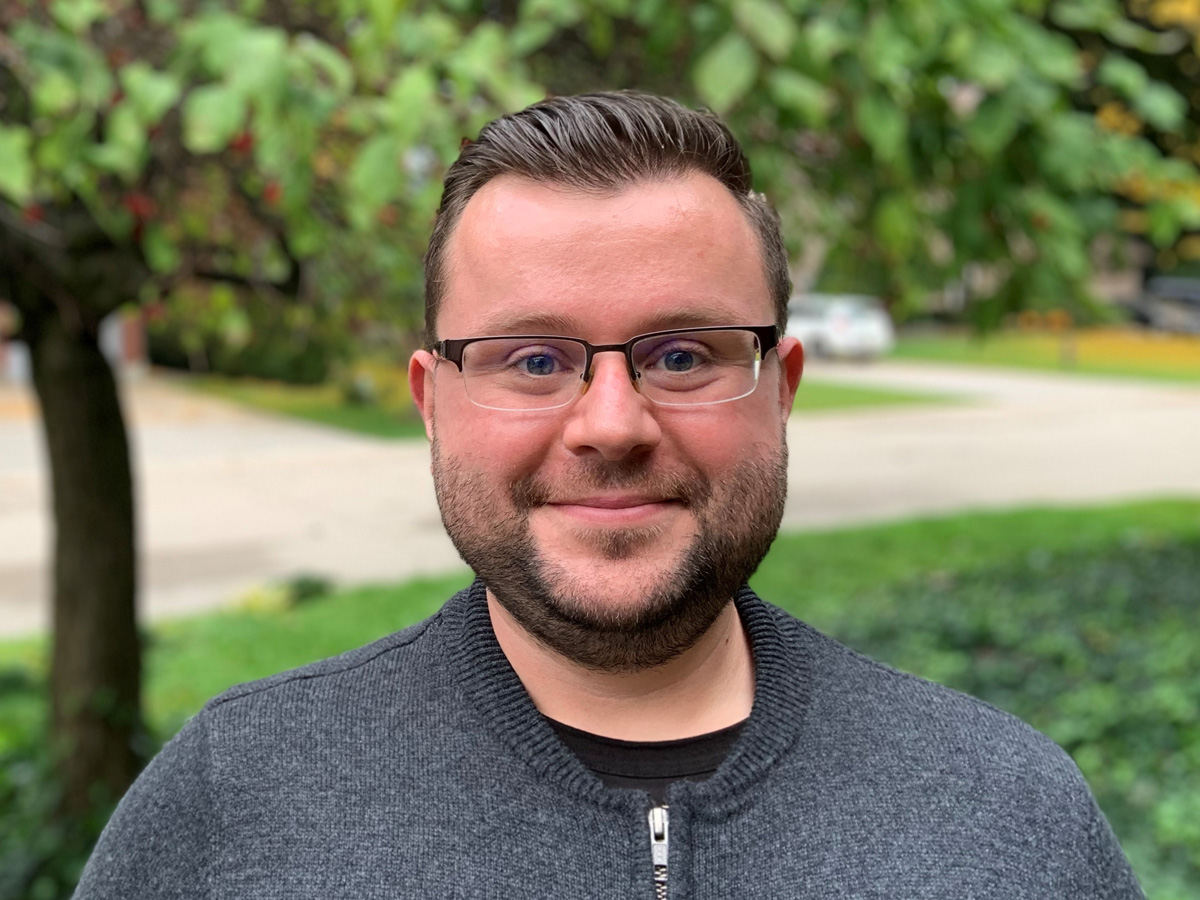Making an impact in diabetes research at Harvard Medical School

Marsel Lino, BSc, Biology ’09
Since graduating with a bachelor of science in Biology (Honours) 12 years ago, Dr. Marsel Lino, has been busy. He has conducted research at the Ted Rogers Centre for Heart Research, The Hospital for Sick Children and the Toronto Western Hospital. He has earned his master’s and doctoral degrees from the University of Toronto. And, most recently, he has secured a position as a Postdoctoral Fellow at the Joslin Diabetes Center at Harvard Medical School, with a move to Boston in 2020.
He may be far from home and from his time as a Ryerson student, but Lino can draw a direct line between his undergraduate experience and his current work at Harvard. In fact, he can pinpoint exactly when he decided to pursue a career as a medical researcher: It was the summer of 2008 while working in The Foster Microbial Pathogenesis Laboratory run by Dr. Debora Foster. Lino describes his time in Foster’s lab as “the most transformative experience of my entire career as a scientist.”
That’s saying quite a lot, given the pioneering work Lino is doing at the Joslin Center, a global leader in diabetes research. He is focused on the role of RNA in obesity and diabetes—in particular, why and how RNA can be transferred between different organs in the body. Lino hopes to identify how this new class of molecules can be exploited to improve obesity and diabetes treatments. Though his current work is not related to the E. coli research he conducted over a decade ago in Foster’s lab, he credits his time there for what he does now.
“I chose to attend Ryerson for a few reasons,” says Lino. “I had heard about the small class sizes in biology, the closeness of the community, and the experiential learning opportunities. I really wanted hands-on lab experience, and there wasn’t much opportunity for that at other universities. Importantly, I also had the opportunity to lead my own thesis project, which led to my first lead-author publication. By the time I graduated, I had the lab skills, personal confidence and entrepreneurial mindset that set me apart from many of my peers at other schools.”
Lino recalls a research environment that fostered learning, collaboration and independent scientific pursuit. There was also a vibrant research community that allowed for frequent conversations among fellow students who provided many helping hands along the way.
“I’m still pursuing my independence but in a very different research area now,” says Lino. “I experienced a kind of support at Ryerson that I have continued to seek out. It was marked by a balance of encouragement, faith in my ability, and push toward self-reliance. It was an incredibly collaborative place that also championed individual development.”
Originally from Albania before emigrating to Greece and then Canada when he was 13 years old, Lino’s development has also been shaped by his family. His parents chose Canada for its democratic socialism and educational opportunities, and Lino chose to focus his medical research on diabetes because his mother has the condition. For years, he had been helping her with her treatment and keeping up with the medical literature. So, he eventually asked himself, “What can I do about this disease?”
He is still asking that question and working to answer it. While enjoying Boston, missing home and looking to eventually secure an academic position in Canada, Lino is avidly focused on helping people like his mom lead better lives.
But despite how far he has come, he has never forgotten where his career began.
“My undergraduate years formed who I am as a person, how I approach science, and how I select labs and supervisors,” he says. “I am still driven to pursue my own ideas, which I believe is an advantage when it comes to making an impact in diabetes care.”